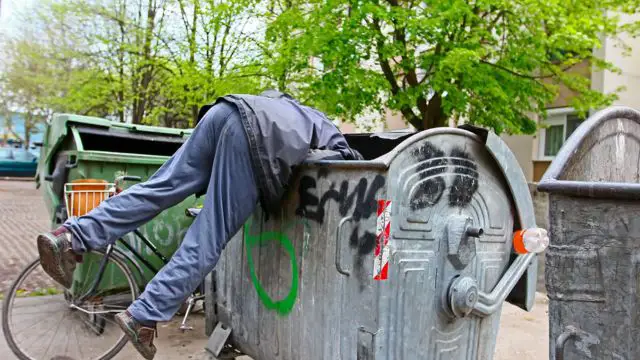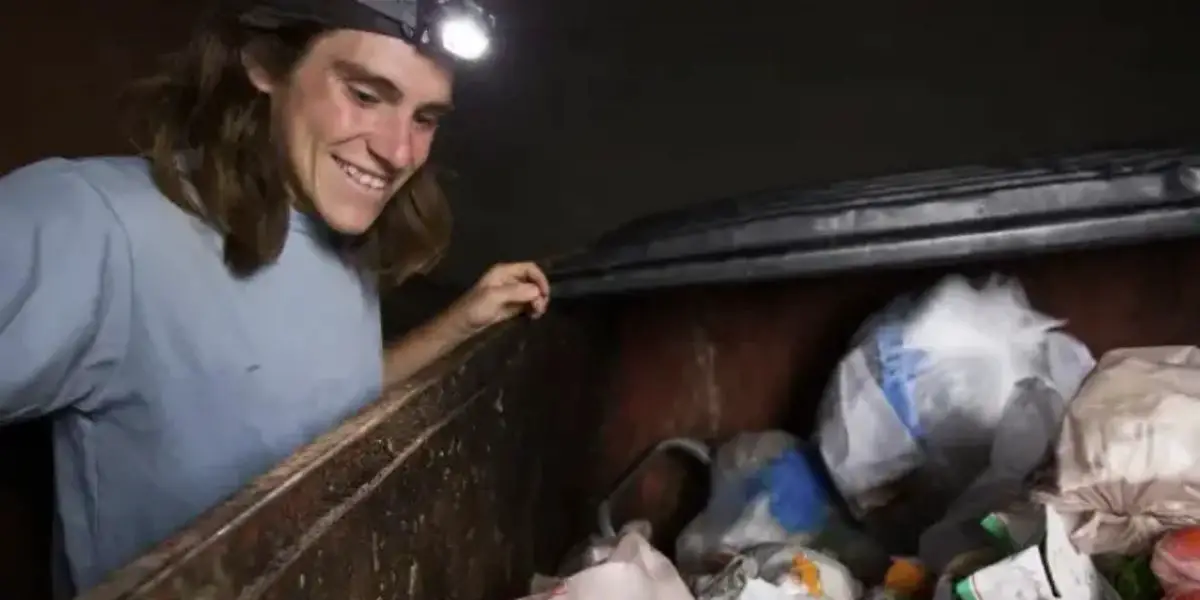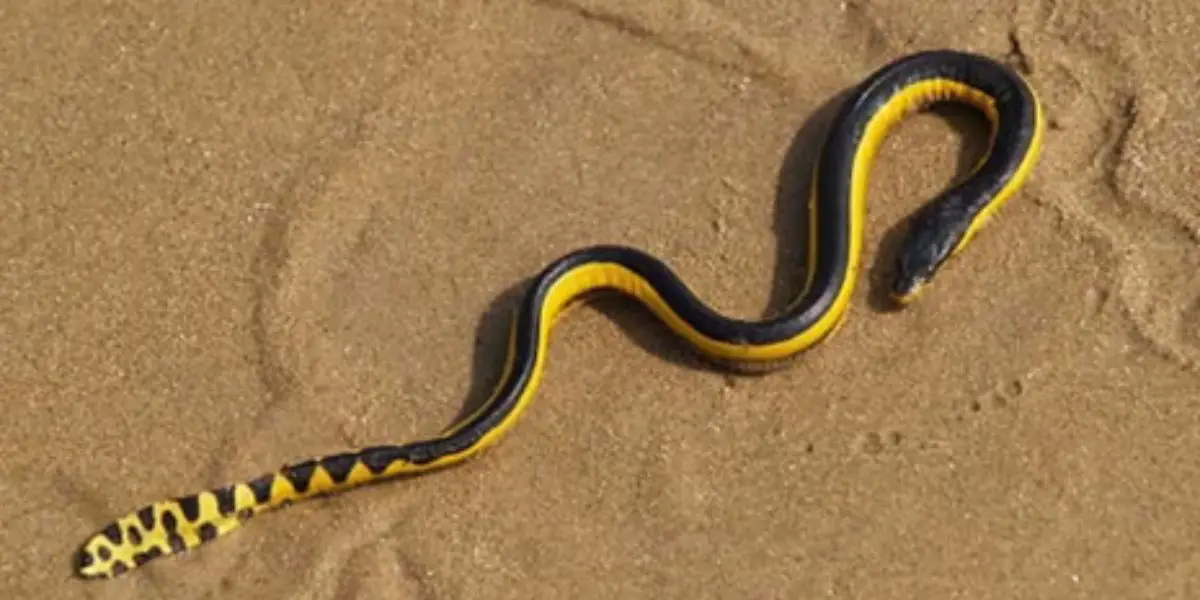Dumpster diving, the practice of searching through trash bins and dumpsters for discarded items, can be an eco-friendly way to find valuable goods or reduce waste. However, many people may not be aware that the legality of dumpster diving varies from place to place.
In Columbus, Ohio, there are specific laws and regulations that could affect whether or not dumpster diving is allowed.
If you’re considering diving into a dumpster in the city, here’s what you need to know about the local rules and potential risks.
1. Is Dumpster Diving Legal in Columbus?
In Columbus, dumpster diving isn’t explicitly illegal, but there are several factors that can make it unlawful depending on where you dive and the circumstances. The legality often comes down to trespassing, theft, and local ordinances, which vary from one city or neighborhood to another.
2. Trespassing Laws in Columbus
One of the most significant legal issues when it comes to dumpster diving is trespassing. In many cases, dumpsters are located on private property—such as behind businesses, apartment complexes, or private residences. If the property is posted with “No Trespassing” signs, or if the dumpster is behind a fence or in a restricted area, you could face trespassing charges if you enter the area to scavenge.
According to Ohio’s trespassing laws, you can be charged with a criminal offense if you enter or remain on someone else’s property without permission. This applies whether you’re simply searching through a dumpster or loitering in the area. If you want to dumpster dive legally, make sure you’re aware of any restrictions posted at the location and, if possible, obtain permission from the property owner.
3. Theft and Ownership of Dumpster Contents
Another legal consideration is the ownership of the items in the dumpster. Even though trash is discarded, it still belongs to the property owner or business until it is collected by waste management services. Taking items from a private dumpster without permission could be considered theft.

In Columbus, waste collection services and dumpsters located on private property typically belong to the business or property owner. Once the items are in the dumpster, they are still under the ownership of the person or company that discarded them. If you remove anything from a commercial dumpster, you could be charged with theft, even if the items appear to be discarded.
4. Local Ordinances and Regulations
Columbus has several local ordinances that govern waste disposal, recycling, and scavenging, which could affect dumpster diving. For example, Columbus’ City Code includes provisions related to “scavenging,” which generally refers to taking items from waste containers in a way that violates local health, safety, or sanitation rules.
- Scavenging Restrictions: In some cases, Columbus may enforce local regulations that prohibit scavenging or impose fines for taking items from public trash containers. Scavenging may also be prohibited in certain areas for health or safety reasons, particularly if the items involve food or hazardous materials.
- Waste Collection and Recycling Ordinances: The city of Columbus has strict recycling and waste collection regulations. Certain types of waste are supposed to be disposed of in specific containers or taken to designated facilities. Dumpster divers might inadvertently violate these rules if they take recyclable or compostable materials from dumpsters meant for waste management services.
5. Dumpster Diving for Food in Columbus
Catching Soon! Alabama Laws on Dumpster Diving: Is It Legal or Illegal?
One of the most common reasons people dumpster dive is to recover discarded food, which may still be safe to eat. In Columbus, as well as in many other parts of the United States, food recovery from dumpsters can be risky due to health and safety concerns. Ohio has food safety regulations that prohibit the sale or distribution of food that has been discarded or is deemed unsanitary.
While taking food from dumpsters isn’t explicitly illegal, it can be a health hazard, and anyone who chooses to do so is taking a risk. Consuming discarded food could expose individuals to foodborne illnesses, mold, or contamination. For this reason, many cities, including Columbus, discourage dumpster diving for food for sanitary reasons. Additionally, businesses that discard food are required to follow specific guidelines, and selling or giving away food that has been discarded could violate these laws.
6. When Dumpster Diving Might Be Legal in Columbus
While there are risks involved in dumpster diving in Columbus, there are scenarios where it could be legal, or at least less risky:
- Public Property: If a dumpster is located on public property, such as on a public sidewalk or in a public park, and is not restricted by signs or barriers, it may be legal to take items. However, this can still vary based on local ordinances, so be cautious.
- Permission from Property Owners: If you have explicit permission from the property owner to take items from their dumpster, then you’re not violating any trespassing or theft laws. Always seek permission when possible to avoid any legal issues.
- Abandoned Property: In some cases, once items are truly abandoned or left unclaimed for a certain amount of time, they may be legally recovered, but this varies by jurisdiction and is subject to local laws.
7. Safety and Ethical Considerations
Even if dumpster diving is legal in certain circumstances, it’s important to consider the safety and ethical implications of scavenging. Many dumpsters contain sharp objects, hazardous materials, or spoiled food, which could pose risks to your health and safety. Always wear protective clothing, such as gloves and sturdy shoes, and take precautions when handling discarded items.
From an ethical standpoint, dumpster diving can also raise concerns about respect for private property and local business operations. While some may see it as an environmental or social good, others may view it as disruptive or damaging to businesses. Being mindful and respectful of others’ property and ensuring that your actions don’t harm anyone is essential.
Conclusion: Understanding Dumpster Diving Laws in Columbus
Dumpster diving in Columbus is not outright illegal, but it comes with various risks and legal concerns. Trespassing, theft, and local ordinances may make it unlawful in many cases, particularly when diving on private property or in restricted areas. However, dumpster diving may be legal if you’re on public property, have permission from the property owner, or are abiding by local waste disposal rules.
Before you decide to dive into a dumpster in Columbus, it’s crucial to understand the local laws and take the necessary precautions. Stay safe, be respectful, and know the rules to avoid any legal issues. Happy (and legal) diving!




